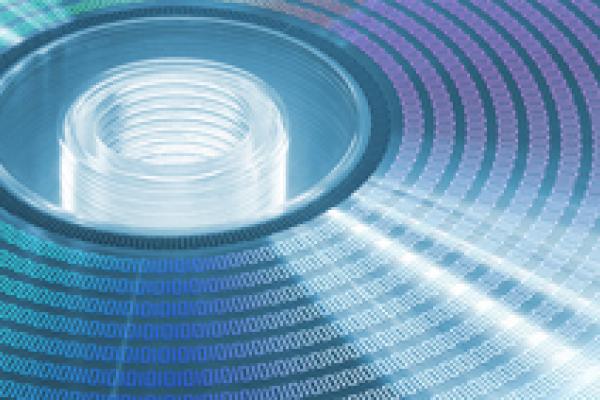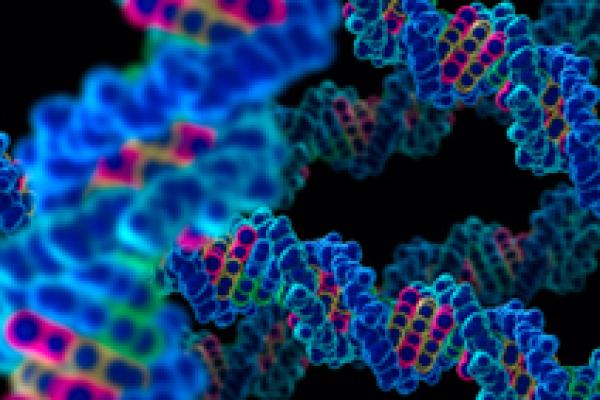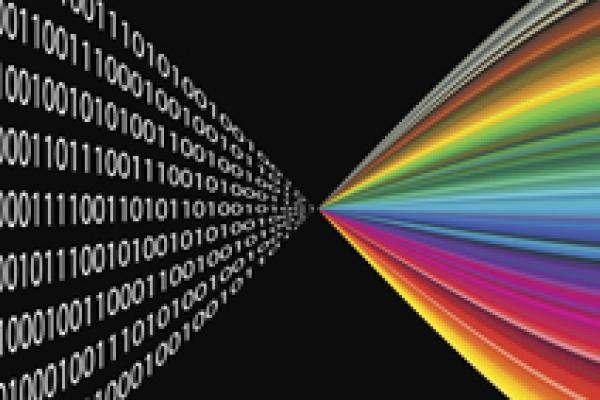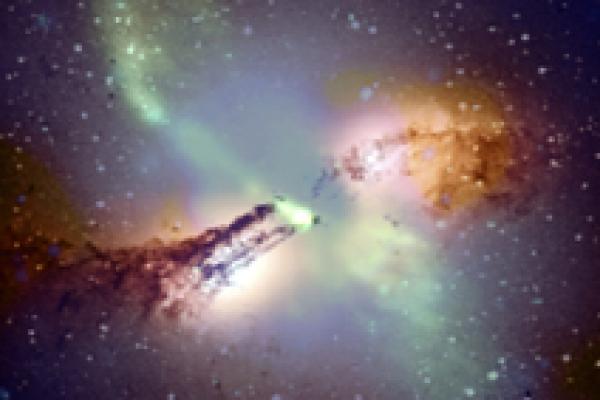Article


Information: Baby steps
If I tell you that it's Monday today, then you know it's not any of the other six days of the week. Perhaps the information content of my statement should be measured in terms of the number of all the other possibilities it excludes? Back in the 1920s this consideration led to a very simple formula to measure information.








